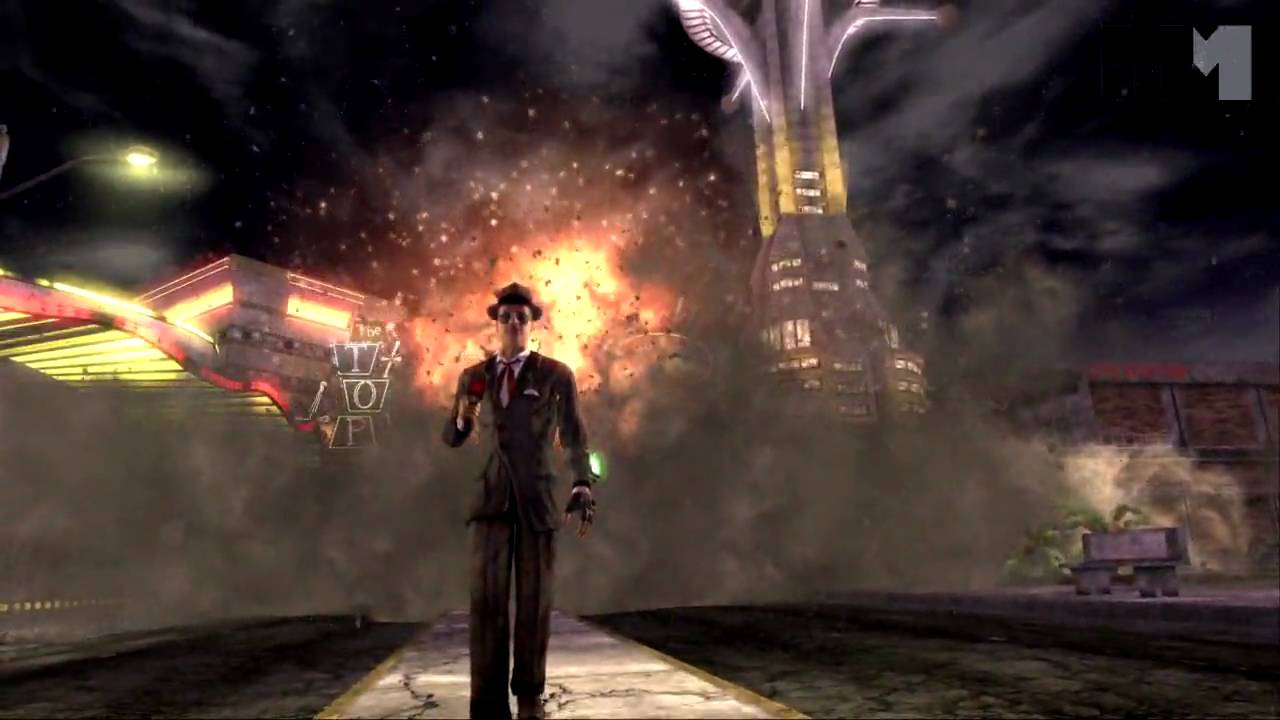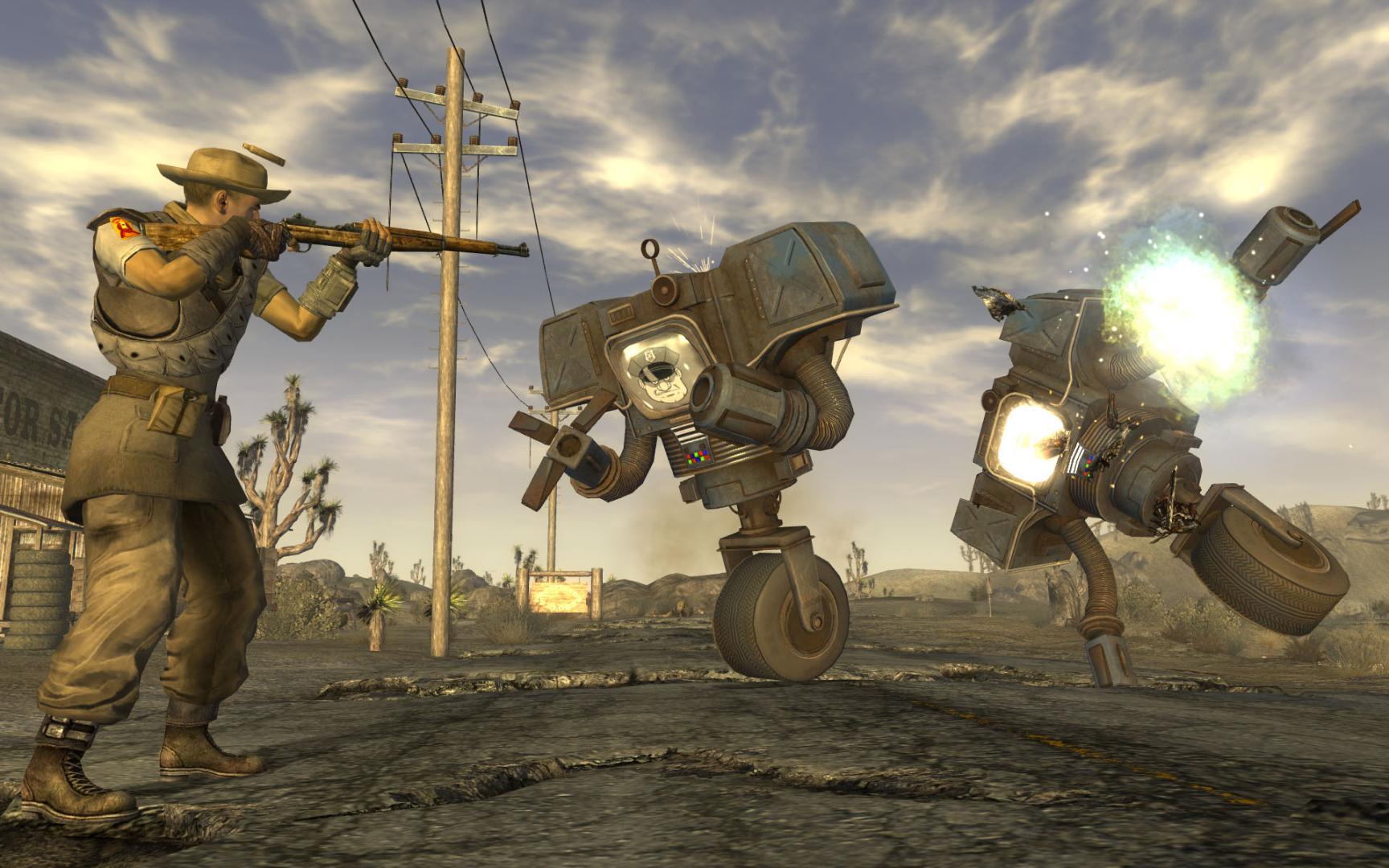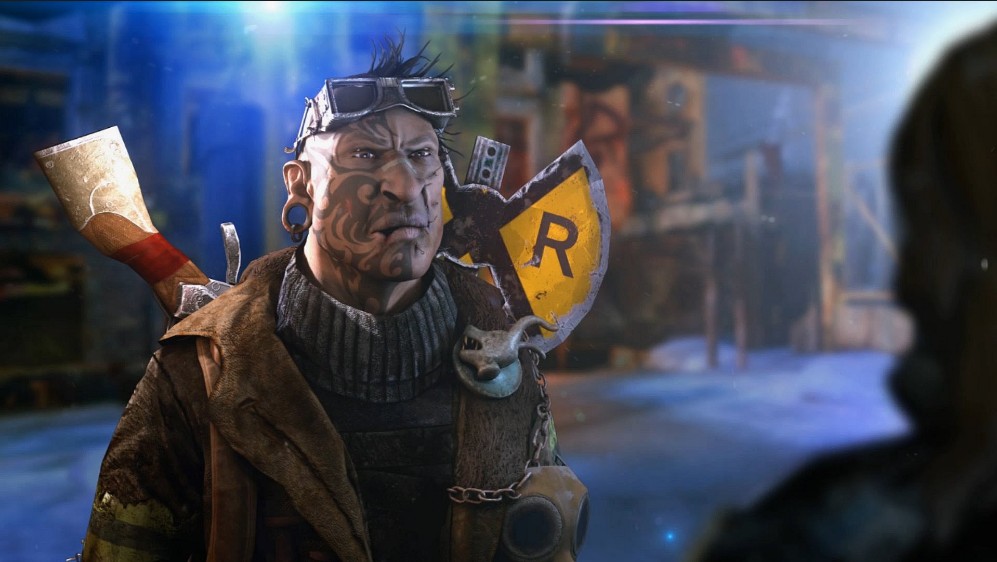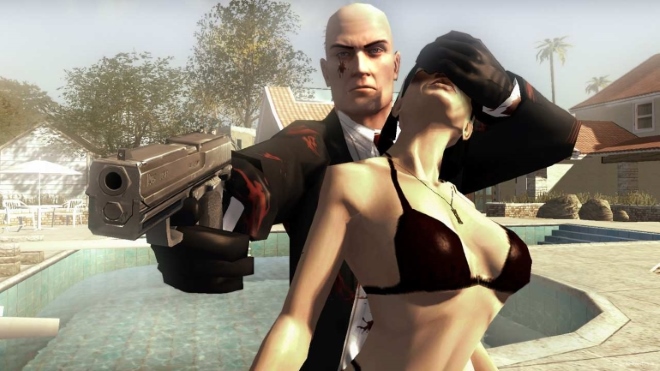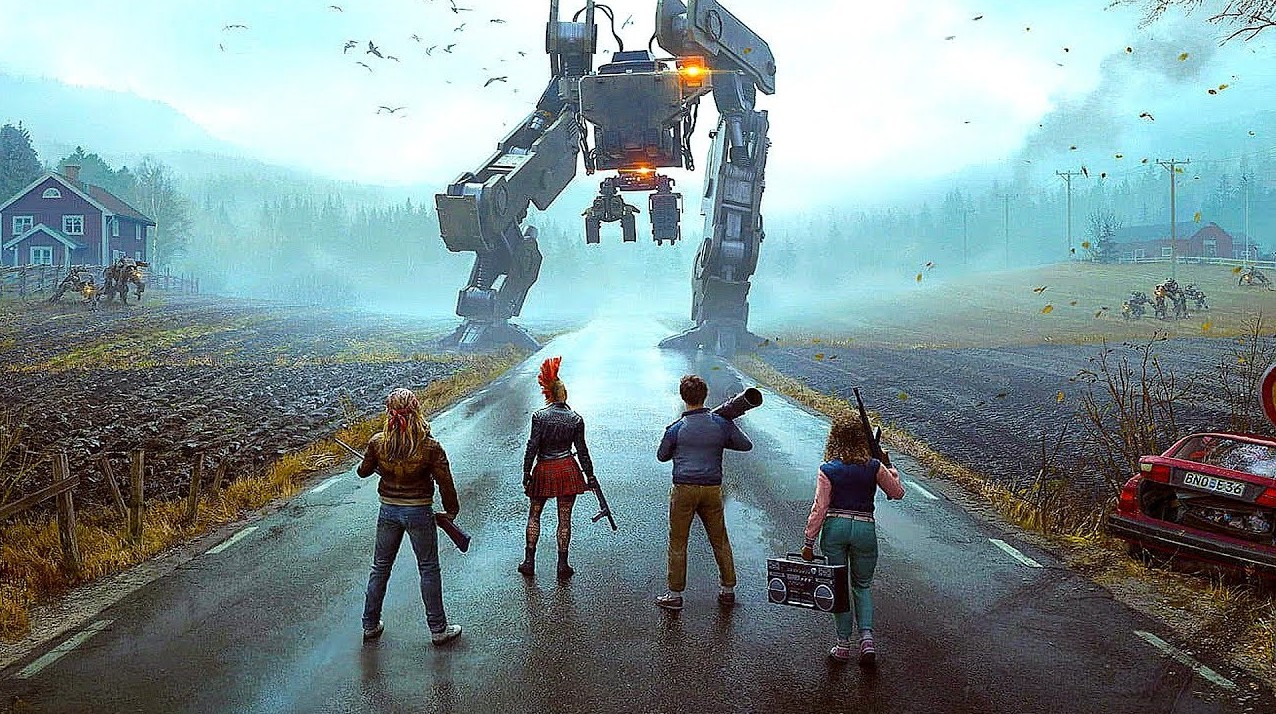
Out with the old, in with the new?
Lets face it: older games set the standard for every new video game that comes out today - from every strategy game that followed the original Age of Empires, to every RPG that followed in Baldur’s Gate’s footsteps.
However, as time went by, it seems that the level of quality that these old games brought to the scene were sometimes overlooked if not completely forgotten.

The Ultraluxe casino in Fallout:New Vegas features one of the most branching quests in the entire game, with a ton of ways to solve it, each with its own consequences for the game world.
If it ain’t broke, don’t fix it
Mostly what new games get wrong is that they tried to replace old, established gameplay mechanics in lieu of a more cinematic experience and this in turn cost new games a lot of actual gameplay.
While this may have made new games more popular, it does tend to make them all the less memorable after you finish them. The main problem with this is the absence of choice and the linear railroading of the player.
New games have a great tendency to present each player with the same experience regardless of his playstyle. Whether this is because of the developer’s desire to not leave anyone out of a particular experience, or simply because of greatly reduced development time on account of its linearity, new games tend to push every player down the same road.
This in turn makes them pointless to replay (unless it has some sort of multiplayer component), as you are dealt either a very similar or even an identical experience. This is a plague especially for new RPG’s, that tend to give players ‘the illusion of choice’ as you eventually find out that most of the player dialogue choices resulted in pretty much the same thing (yes, I’m looking at you, Fallout 4).
Fallout 2: Low intelligence Chosen One talking to Sulik
Having a very low intelligence in Fallout 1 & 2 can lead to some hilarious dialogue and outcomes.
Longevity is the mark of a great game
Old games knew that giving players more freedom to do things gives the game great longevity and replayability. Even games like the Hitman series offer a sandbox like experience where you can take down your enemies in a variety of ways, and while the story progresses in the same way no matter how many times you play it, it still delivers on a lot of gameplay variety, and that in turn makes it immortal.
Great games linger in the memory long after they’re finished, or beg for another playthrough, either immediately after finishing it or after several years. Good games will make you come back and back again and explore all the other options that you didn’t see in your first playthrough and games done wrong will just fade from memory - like a cheap thrill.
Check out these other cool articles:
11 Best PC Games That Are Old But Still Awesome
11 Best PC Games That Are Over 10 Years Old But Still Awesome
Here’s Why the Original Fallout (1997) is a Masterpiece

